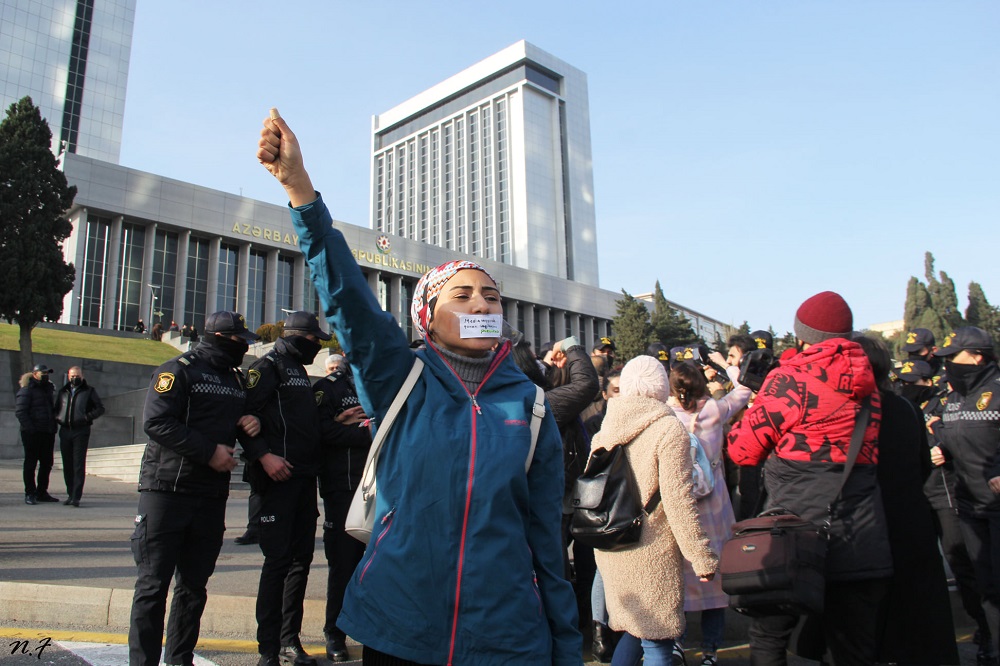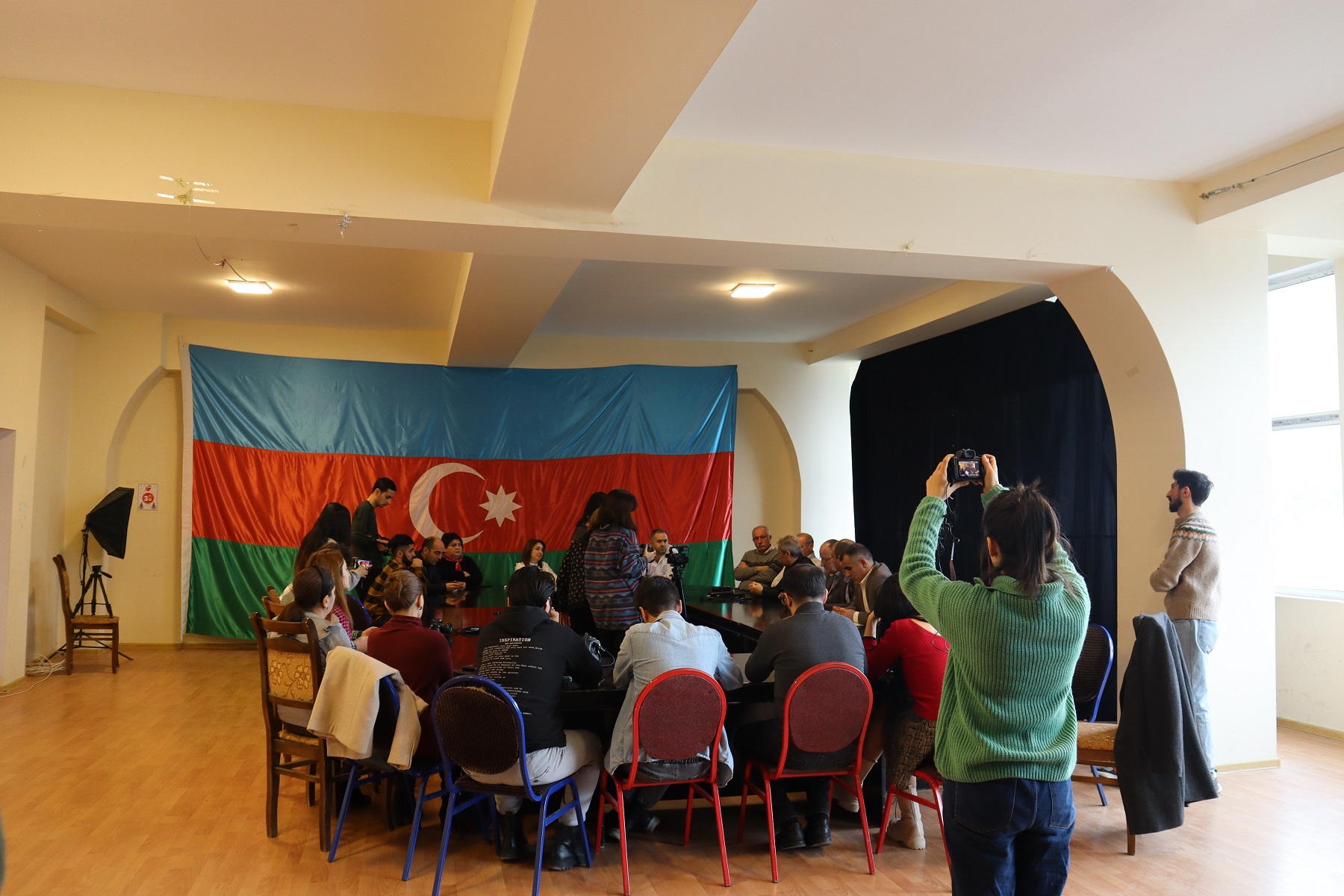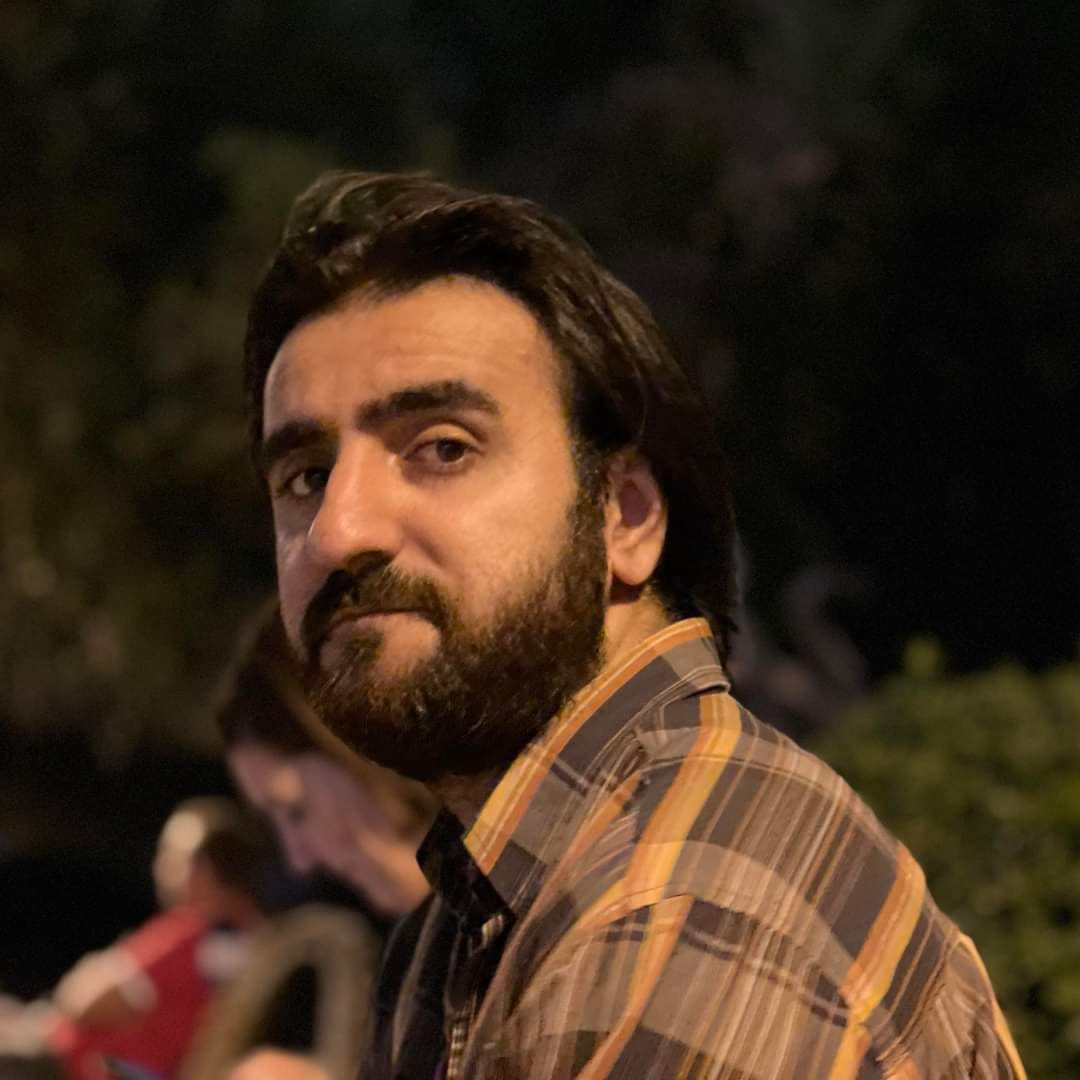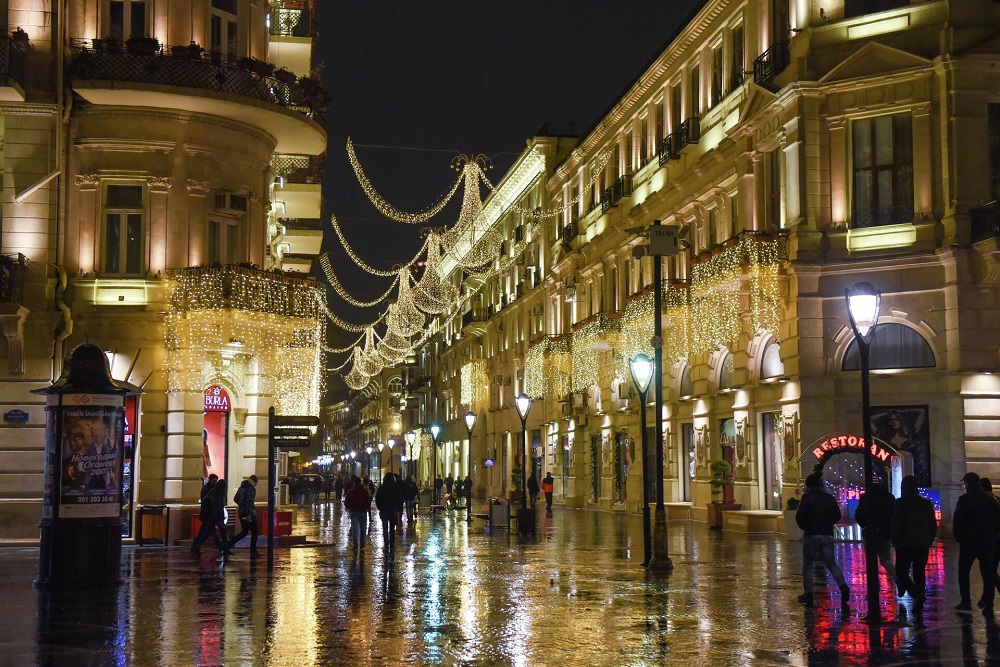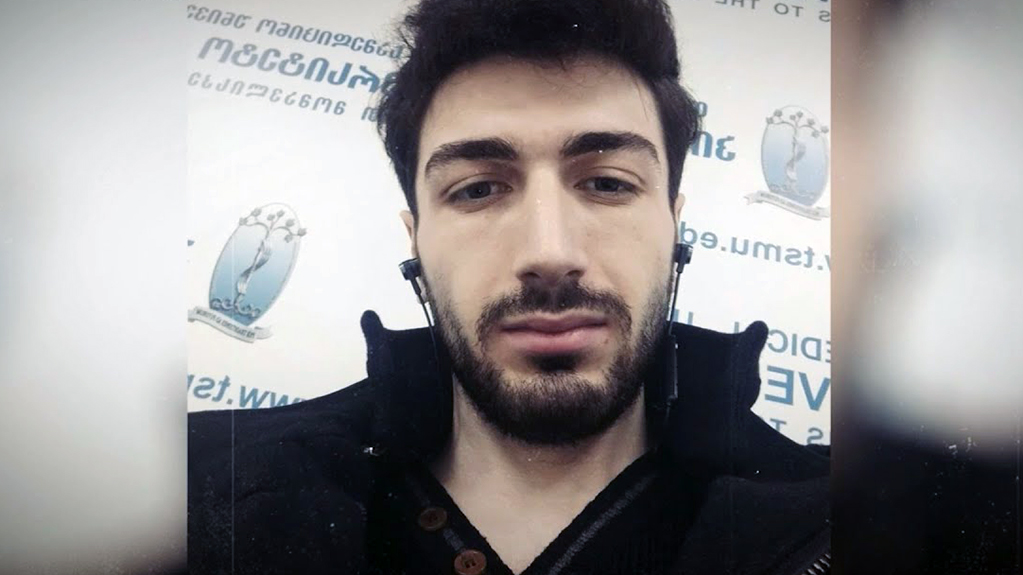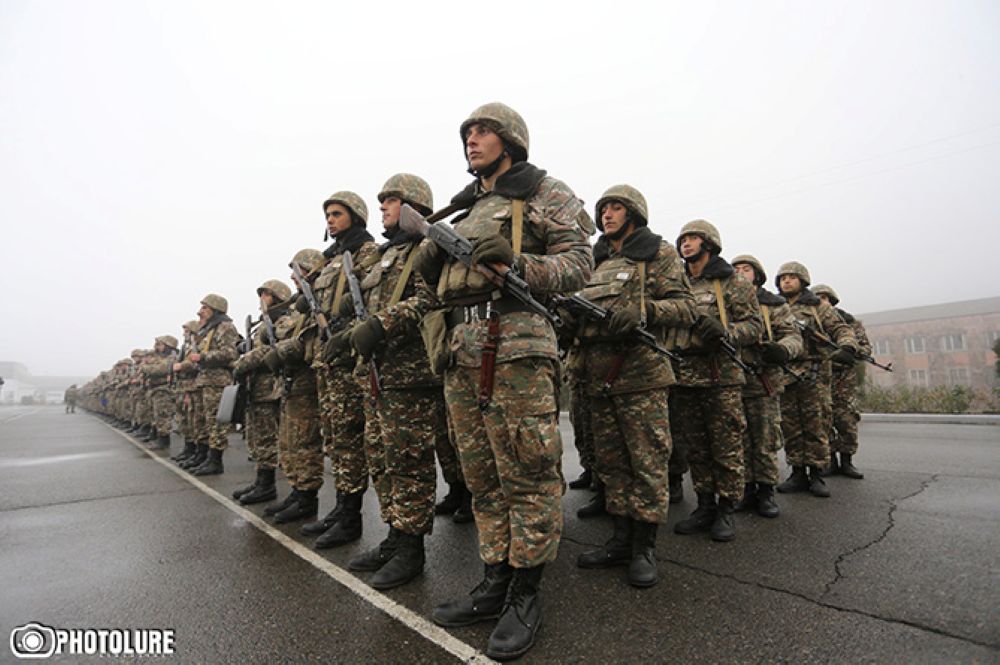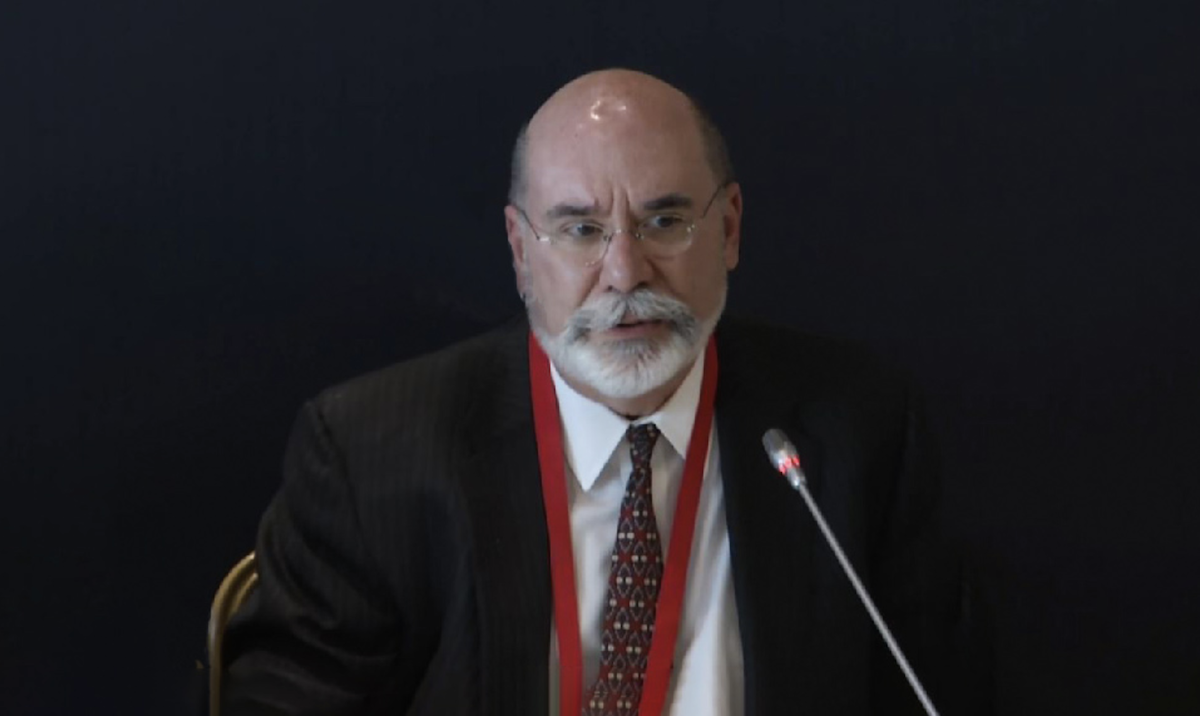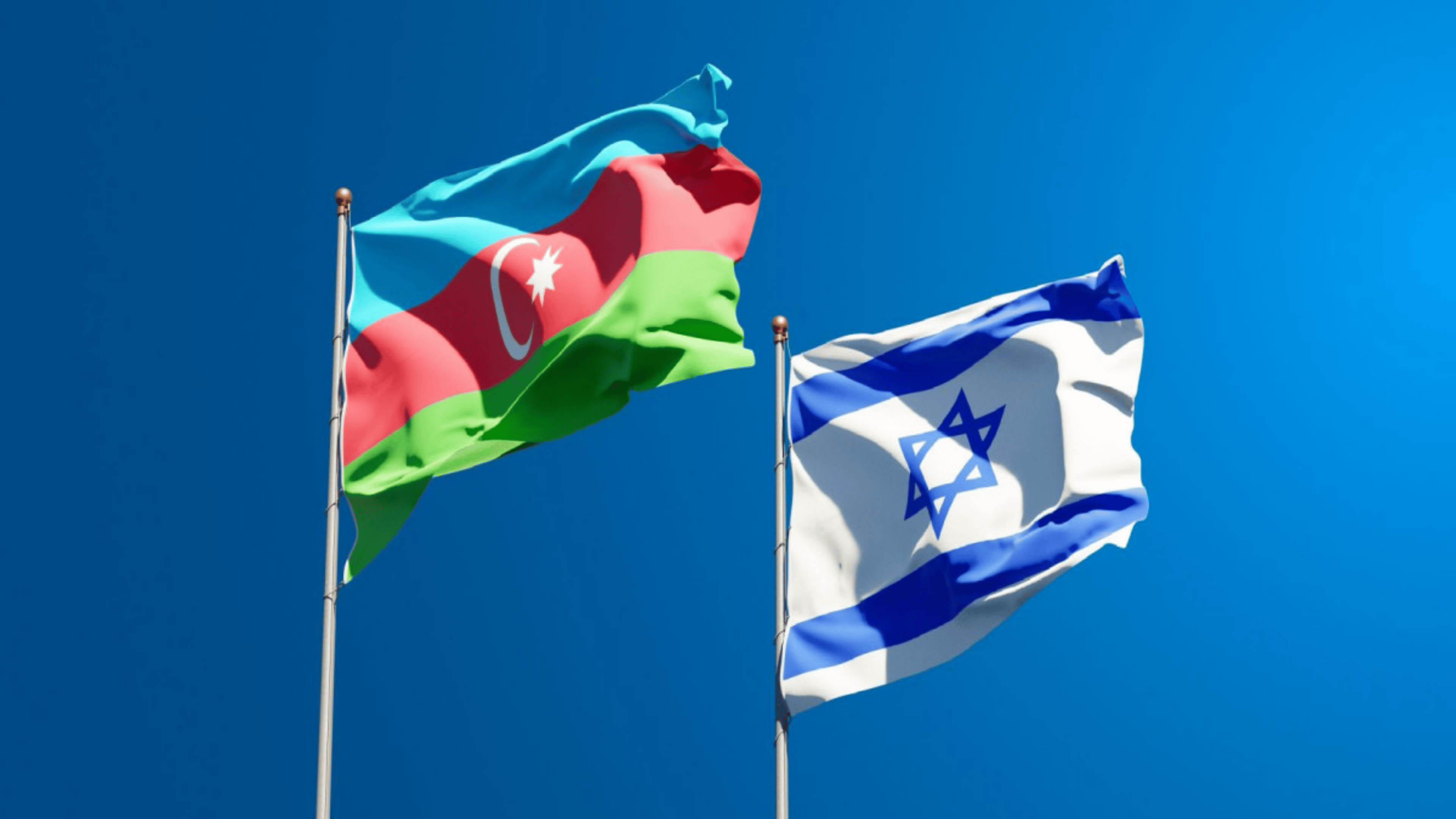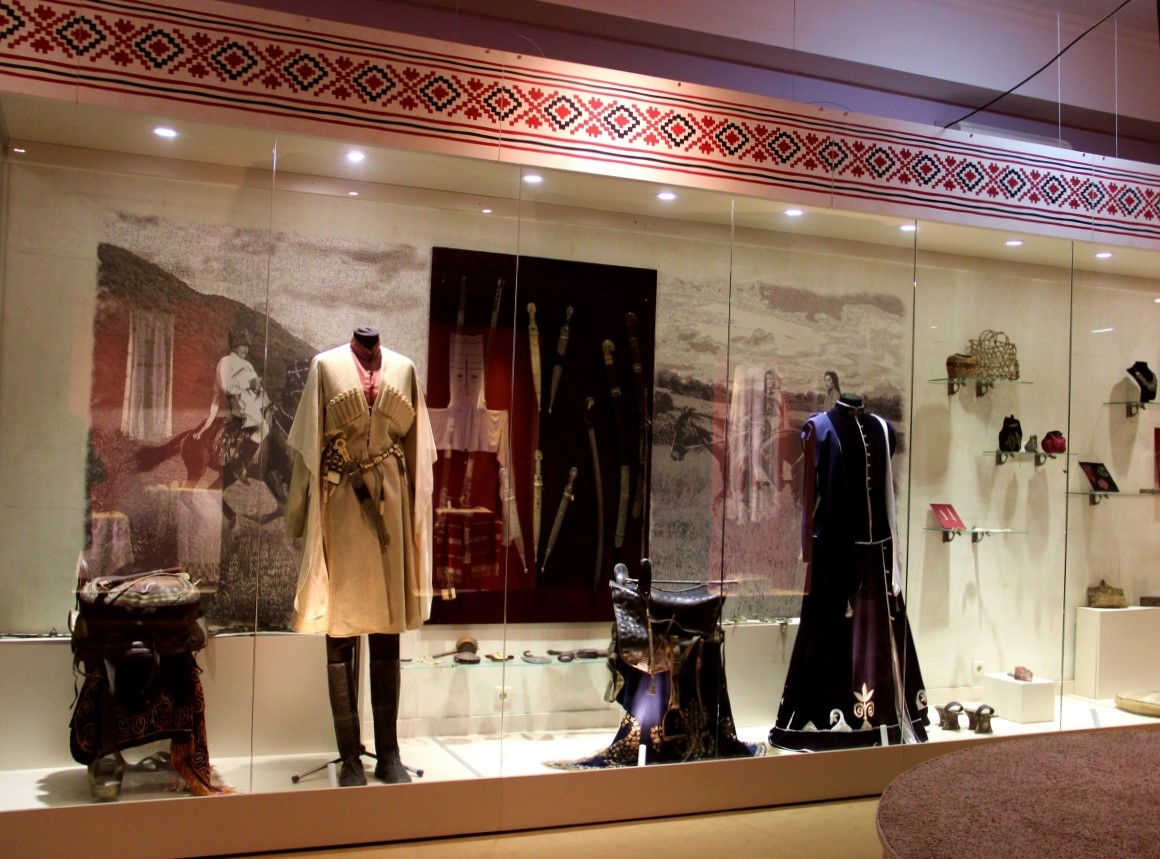Azerbaijani journalists address Council of Europe on National Press Day
Law “On Media”
On July 22, National Press Day, a group of independent journalists in Azerbaijan appealed to the Council of Europe. Declaring that Azerbaijan is “turning into a country where the fragile remnants of freedom of speech and media are under threat” with the law “On Media” at the beginning of last year, journalists “firmly remind the government of Azerbaijan of its obligations related to membership in the Council of Europe, to change the law “On media” without inflicting incurable wounds on freedom of speech and media, otherwise, to bring into discussion the issue of freezing Azerbaijan’s membership until these problems are resolved.”
- “Armenian universities provide outdated knowledge” – education expert
- Russian children in Georgian schools – where they study and what problems the state has faced
- On the border of Azerbaijan with Iran: “There is control, but trade is going on”
“We call on the European Council to support the initiative against reactionary rules”
The appeal, also signed by JAMnews staff, says that the Azerbaijani journalists who signed the document express concern about the application of the media law, which entered into force in Azerbaijan in February 2022, in a content that restricts freedom of the media and speech, and calls on members of the Council of Europe family to oppose such reactionary decrees.
The journalists recalled that the position of local experts on the inconsistency of the law “On Media” with the Constitution of the Republic of Azerbaijan and the provisions of the European Convention on Human Rights, protecting the right to freedom of speech and the media, was confirmed in the opinion of the Venice Commission of the Council of Europe in June 2022.
“According to the conclusion of the commission, the law does not meet the standards of the Council of Europe, the application of such a law in any country that is a member of the Council of Europe is unacceptable.
The Commission considered that the law should not be applied in its current form, and if it is, many of its provisions should be changed.
The assessment that the media law does not meet the standards of the Council of Europe is repeated in the statement and report of the Parliamentary Assembly of the Council of Europe (PACE) co-rapporteurs Jan Liddell-Grainger and Liz Christoffersen, who visited Azerbaijan in June 2023.
Following this, the Committee of Ministers of the Council of Europe, in its resolution adopted in December 2022, demanded that changes be made to the law without delay,” the document says.
“Negative reviews have not been taken into account so far”
Journalists also noted with regret that the positions and opinions expressed regarding the reactionary content of the law, which threatens freedom of speech and the media, have not yet been taken into account, and the law has begun to be applied in full force.
“In particular, the application of the provisions of the law, which practically turns journalistic activity into a licensed type of activity – the creation by the state of a unified register of media entities and journalists, the issuance of unified certificates, the recognition of the activities included in the register as legal journalistic activity, has an extremely negative impact on the activities of independent media and free journalism.”
The document states that information related to the register is closed, however, from incomplete information it is known that at least 50 media outlets were denied entry into the register. On the other hand, judges do not make fair decisions regarding media subjects who are trying to protect their rights in courts.
It is also reported that the appeals of media heads and journalists to the Constitutional Court regarding the verification of the compliance of the law with the Constitution of Azerbaijan were not considered.
“Unfortunately, the implementation of such rules does not bring Azerbaijan closer to the European family, where fundamental rights and freedoms prevail, but turns it into a country where even the fragile remnants of freedom of speech and the media are under threat.
It is a pity that all this is happening under the supervision of the Council of Europe. Because the Council of Europe in many cases did not take serious steps against the restriction of freedoms in member countries. On the contrary, in many cases what happened in the monitored country was ignored. This caused an atmosphere of distrust in the Azerbaijani society and the media towards the activities of such an institution as the Council of Europe,” the statement says.
Journalists draw the attention of the institutions of the Council of Europe to the fact that the adoption and implementation of this law will further complicate the media environment in Azerbaijan and turn it into a serious problem for journalists. “Already, the pressure on freedom of speech and expression in Azerbaijan continues to increase, and journalists are still in prison.”
Problems faced by journalists after the law went into effect
The journalists who signed the document drew attention to the problems that arose in their activities after the introduction of the law. According to them, independent journalists were not allowed to film a rally of local residents demanding water, which took place on March 14, 2023 in the Saatli region, as well as on June 20, a rally related to an environmental problem caused by a gold deposit in the village of Soyudlu, Gadabay region. A number of state institutions refuse to respond to information requests from journalists and media subjects who are not registered in the register.
“We, the media representatives who signed this appeal, ask to persistently remind the government of Azerbaijan of its obligations related to membership in the Council of Europe, to change the media law without inflicting irreparable wounds on freedom of speech and the media, otherwise put on the agenda the issue of freezing Azerbaijan’s membership until these problems are resolved.”
“Effort is more important than results”
The initiator of the appeal to the Council of Europe, the editor-in-chief of the website Arqument.az, Shamshad Agha, answered a question from JAMnews about whether he expects a positive result from this step.
“I can’t say anything about the result right now, but it’s important to bring the situation to the institutions of Europe. By the way, along with the Azerbaijani authorities, they should also be criticized, since it is not clear why the tasks they put before the Azerbaijani authorities are not being implemented, and why there is no reaction to this.
If this law is not changed, the situation for the few independent journalists in Azerbaijan will turn into what we see in Turkmenistan, although even now there is not much difference,” he said.
“The registration of serious media subjects in the registry has been completed”
On July 22, during a speech at a conference dedicated to the 148th anniversary of the national press in Baku, the head of the Media Development Agency (MEDİA), Natig Mammadli, said that the process of entering information into the media register was completed.
“All serious media subjects of Azerbaijan have already entered their data into the media register. This process has been completed,” he said.
In response to this statement by MEDİA, spokesman Shamshad Agha said:
“If, according to Natig Mammadli, the media subjects who present the news about the rise in price as a “price change” ordered from above are serious, then so be it. Tomorrow he can shamelessly say that “yogurt is black” and try to prove it. As he has done so far.
However, the society does not trust those media that Natig Mammadli considers serious, does not receive the necessary news and information from these “serious sites”. These “serious” media are needed by the government to silence journalists and launder money. Society, the astute reader notices everything. If the media get the status as a media subject by going through the registry, how can they be considered serious? This should be judged by the reader, not the registrar.”
“Global freedoms have been on the decline for 17 years”
Azerbaijan ranks 154th out of 180 countries in the Reporters Without Borders’ media freedom rating.
Freedom House’s Freedom in the World 2023 annual report notes that for the 17th year, global freedoms in Azerbaijan have been continuously declining.
The report places Azerbaijan among the 16 countries with the worst overall scores for political rights and civil liberties out of 57 countries represented. Thus, South Sudan, Turkmenistan, Syria scored 1 point in this rating, Tajikistan – 7 points, Afghanistan and Belarus – 8 points each. Azerbaijan with 9 points is on a par with such countries as China, Myanmar and Yemen.










